#cesar augusto
Explore tagged Tumblr posts
Text



0 notes
Text
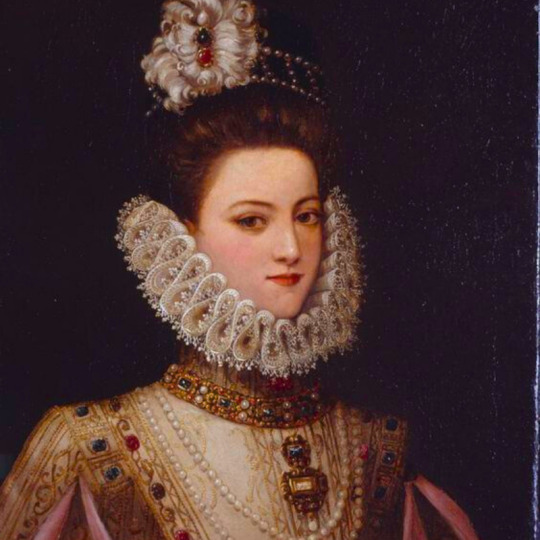

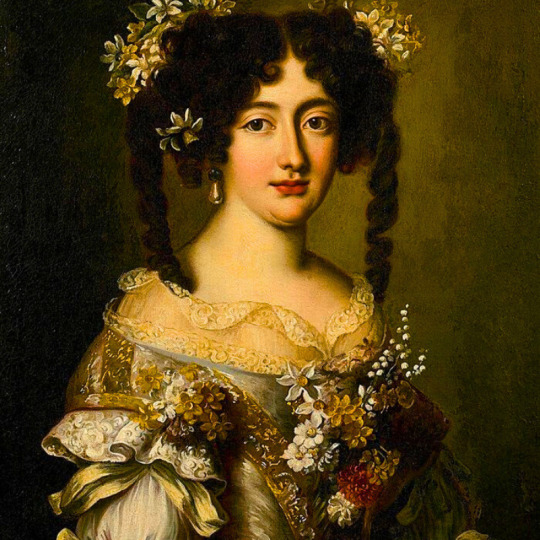

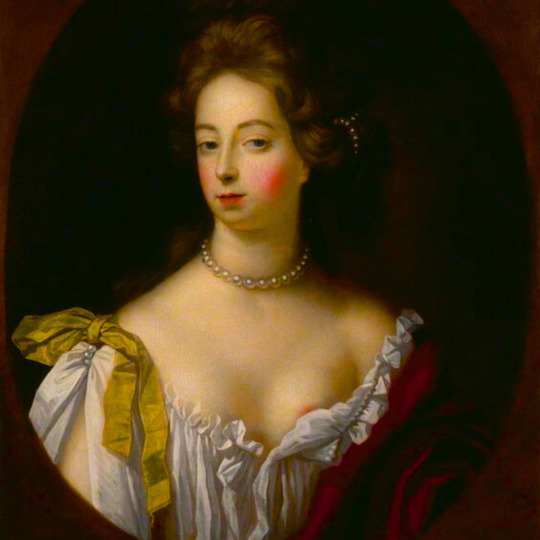
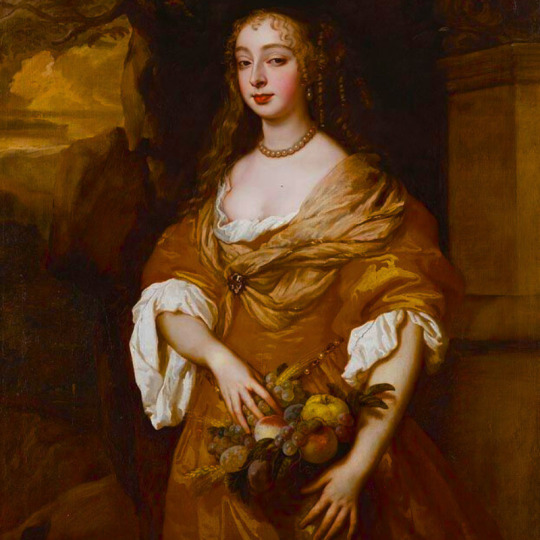
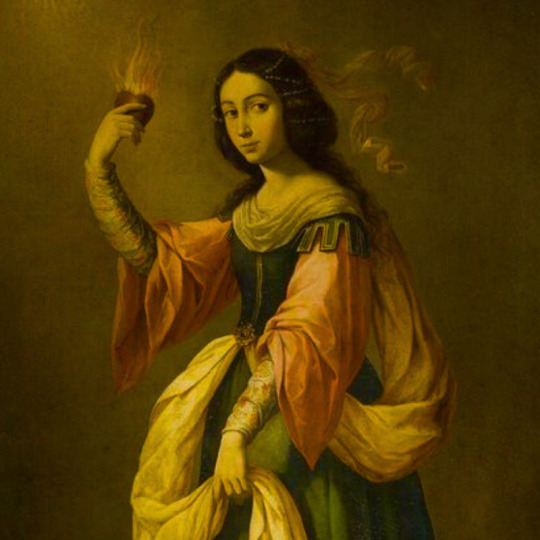
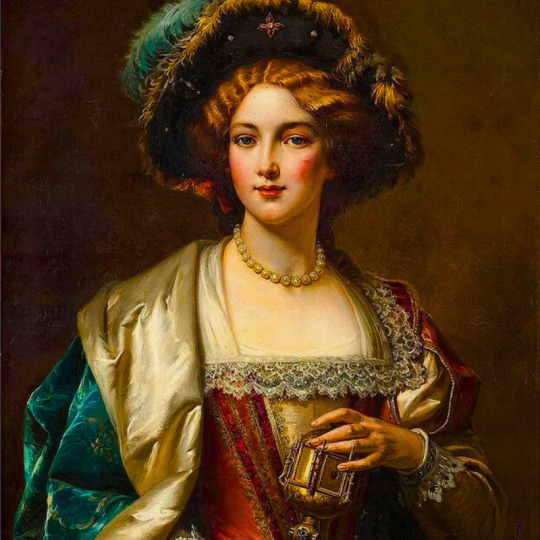
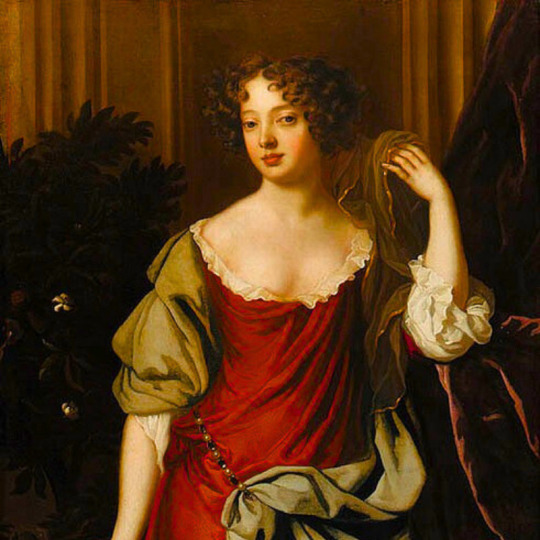



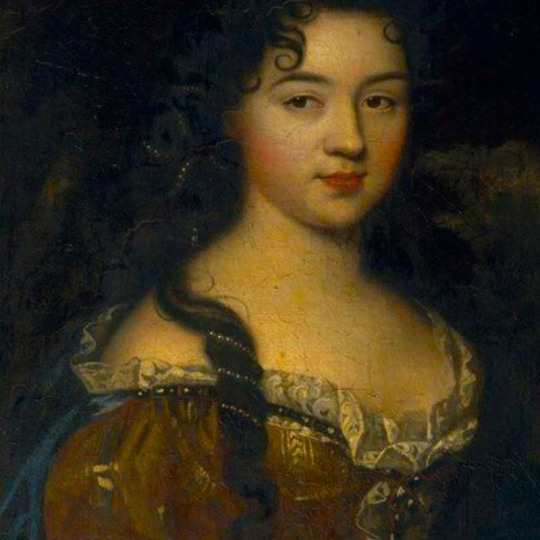




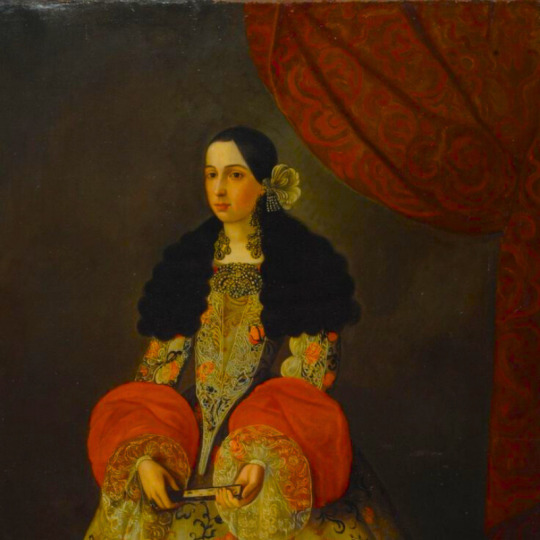


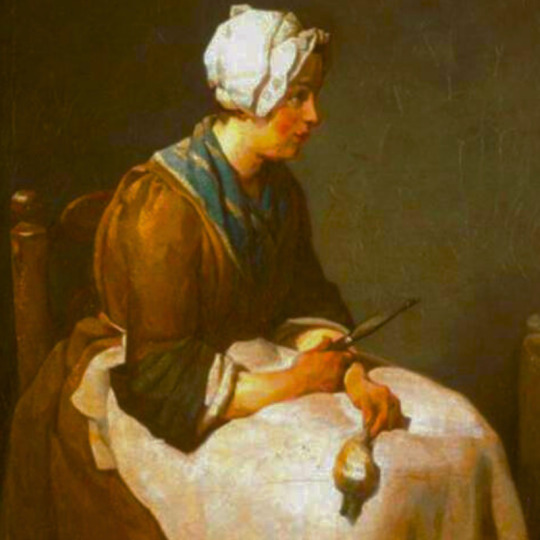
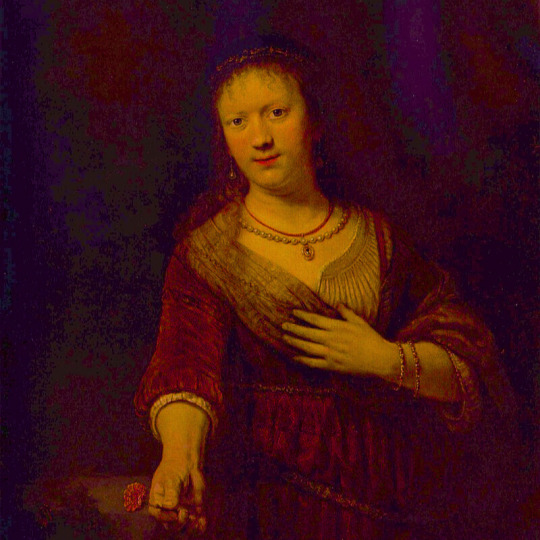

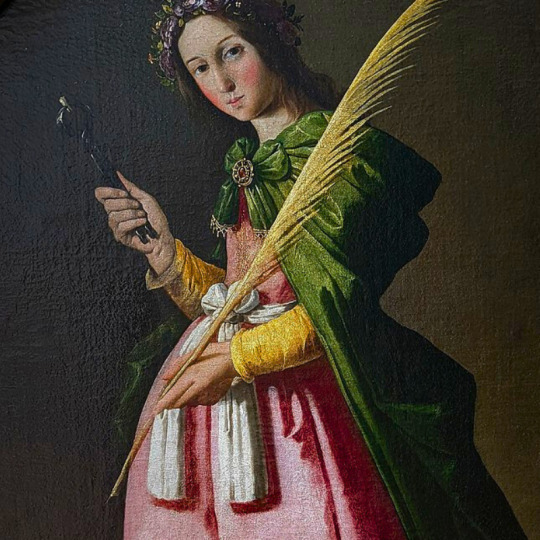

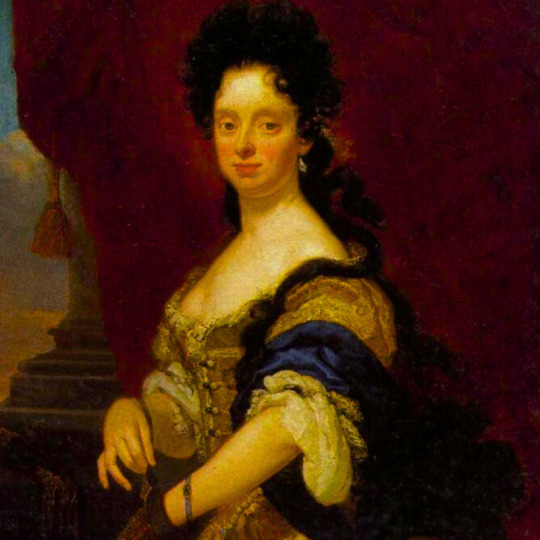




baroque art + women
#a lady by unknown artist#fuger by heinrich friedrich#portrait of ortensia macini by jacob ferdinand voet#mary magdalene by nicolas regnier#nell gwyn by simon verselst#jane needham by sir peter lely#allegory of charity by francisco de zurbaran#portrait of a noblewoman by cesare augusto detti#louise de kereouaille by john michael wright#young woman leaning on book by anne vallayer-coster#portrait of gertrude sadleir by unknown artist#17th century portrait of a girl by unknown artist#portrait of marie mancini by pierre mignard#santa apolonia by artemisia gentileschi#judith and her maidservant by artemisia gentileschi#saint cecilia by guido reni#raising of the cross by peter paul rubens#portrait of an unknown girl by unknown artist#girl reading a letter at a open window by johannes vermeer#public felicity triumphant over dangers by orazio gentileschi#girl peeling turnips by jean simeon chardin#saskia with a flower by rembrandt#penitent magdalene by georges de la tour#sainte apolline by francisco de zurbaran#santa rufina by bartoleme esteban murillo#anna maria de medici by niccolo cassanda#allegory of painting sirani by elisabeth sirani#maria kazimiera sobieska by unknown artist#no title by frans hals#Selbstmord der Lucretia by gudio reni
240 notes
·
View notes
Text

The Lovers by Cesare Augusto Detti (1847-1914)
#art#rococo#rococo aesthetic#18th century#19th century#baroque#cesare augusto detti#italian#1700s#art history#classical art
28 notes
·
View notes
Photo

Cesare Augusto Detti
3 notes
·
View notes
Text

There is an opera with the character "shadow of Cicero's wife Terentia"?!
Source.
5 notes
·
View notes
Text
Me sinto pronta para cantar. Minha voz saiu sem escrúpulos. O samba da legalidade. Simples e bom e santo. Me sinto pronta. Fiz uma oração, não era para nenhum deus misterioso e quieto como uma tempestade; mas era uma oração – eu confesso, eu disse. EU CONFESSO. E a oração se abriu num grande amém – o samba da legalidade cantarolado na cama quente demais no escuro morno do quarto. O samba da legalidade e eu pertenço. Somos todos pestiferados e recém-nascidos, somos todos pestiferados e recém-nascidos. A tua fuga na cidade sitiada, o sono virando samba e o samba trazendo o sonho. Os tendões repuxados me ferem e me agitam. Quatro noites atrás sonhei que eu estava tendo um filho, e foi muito tranquilo e indolor. Os aviões passam de três em três minutos. Hilary veio se sentar aqui, contou do irmão da amiga dela, conversamos as nossas mútuas raivas, e embora às vezes ela pareça não me escutar, estou aprendendo lentamente a respeitá-la como ser humano. Atrás do humano sem alarde. O simples e bom santo. Os olhos abertos e a respiração regularizada pelos golpes de fora. Meus olhos estão ardendo e eu pertenço e sou na peste e não há como. Não há como. Eu hoje sei que eu te amo abstrato ainda que sejas. O nosso amor, passado e futuro, que pode parecer sem presente, me delineia e me define. Eu sou: eu te amo. Eu te amo: eu sou. Polupida e curvada sobre a enorme poluição geral. Luiz, do teu nome ao teu nome, os meus passos e os meus céus e os meus gestos um pouco descompassados e os meus olhos cansados. Nossos. Tudo.
Ana Cristina César - Cartas a Luiz Augusto
8 notes
·
View notes
Text

Cesare Augusto Detti - To the Joust
5 notes
·
View notes
Text

Music in the Garden - Cesare Augusto Detti
1 note
·
View note
Photo

PRIMA PAGINA Il Giornale di Oggi giovedì, 19 dicembre 2024
#PrimaPagina#ilgiornale quotidiano#giornale#primepagine#frontpage#nazionali#internazionali#news#inedicola#oggi algeri#grande#moschea#pagina#condannato#anno#braccialetto#elettronico#caso#effe#concerto#giordano#maestro#cesare#diretto#alessandro#euro#insaputa#augusto#perche
0 notes
Text
#conferencia#Conference#Foros Imperiales#Fori Imperiali#Imperial Fora#Roma#Rome#Foro de César#Foro di Cesare#Foro de Augusto#Foro di Augusto#Foro de Vespasiano#Foro di Vespasiano#Foro de Nerva#Foro di Nerva#Ancient Rome#Foro de Trajano#Foro di Traiano#Arte#Art#Arqueologia#Archeology#Ancient History
0 notes
Text






Villa Regina, Boscoreale
Scoperto nel 1977 il complesso, situato nel Comune di Boscoreale, è una fattoria di piccole dimensioni costruita in età sillana (I secolo a.C.), incentrata su una cella vinaria ospitante 18 dolia interrati per la conservazione del mosto ricavato dall’uva prodotta nel vigneto che circondava la villa e della quale è stato possibile ricostruire l’impianto. La fattoria era infatti dotata di un apposito ambiente per la torchiatura dei grappoli, oltre che di locali adibiti alle attività domestiche, a stalla e deposito.
Della pars urbana l’unico ambiente signorile era il triclinio ornato da pitture di III stile, mentre altre stanze di alloggio erano poste al piano superiore accessibile mediante una scala.
All’epoca dell’eruzione la fattoria doveva essere utilizzata solo durante le lavorazioni agricole, e presenta molte stanze in attesa di essere ripristinate dopo il terremoto del 62 d.C.
Tra gli oggetti ivi rinvenuti si segnalano una piccola erma del dio Bacco, proveniente dal larario del portico, numeroso vasellame da mensa e da cucina, attrezzi agricoli ed alcune lucerne, tra cui una databile al III-IV secolo d.C. che dimostra la frequentazione del sito in epoca posteriore all’eruzione del 79 d.C..
Eta sillana: Ci troviamo nel I ventennio del I secolo a.C., periodo più significativo della storia romana. Già gli storici antichi erano unanimi nel vedere in questo ventennio convulso, problematico, conflittuale e violento per la guerra civile, per lo scontro tra Mariani e Sillani, per la dittatura di Silla, l'inizio della crisi delle istituzioni repubblicane e l'avvio di un processo che porterà all'affermazione di un nuovo assetto sociale ed istituzionale, con la perdita definitiva della repubblica, all'affermazione dapprima della monarchia di Cesare e poi del principato di Augusto. Gli studiosi considerano questo ventennio come una sorta di età di mezzo, non particolarmente creativa, tra la generazione di intellettuali che ha fissato le basi della letteratura latina (Nevio, Plauto, Ennio, Catone e Terenzio) e quella del I secolo, protagonista di una straordinaria stagione letteraria (Lucrezio, Catullo, Cesare e Cicerone).
40 notes
·
View notes
Text
ENCONTRE UM AUTOR:
Envie sugestões. Leia uma citação no modo aleatório.
Autores Desconhecidos
Adélia Prado
Adrian Tchaikovsky
Affonso Romano de Sant’anna
Alain de Botton
Albert Einstein
Aldous Huxley
Alexander Pushkin
Amanda Gorman
Anaïs Nin
Andy Warhol
Andy Wootea
Anna Quindlen
Anne Frank
Antoine de Saint-Exupéry
Aristóteles
Arnaldo Jabor
Arthur Schopenhauer
Augusto Cury
Ben Howard
Benjamin Alire Sáenz
Benjamin Rush
Bill Keane
Bob Dylan
Brigitte Nicole
C. JoyBell C.
C.S. Lewis
Carl Jung
Carlos Drummond de Andrade
Carlos Fuentes
Carol Ann Duffy
Carol Rifka Brunt
Carolina Maria de Jesus
Caroline Kennedy
Cassandra Clare
Cecelia Ahern
Cecília Meireles
Cesare Pavese
Charles Baudelaire
Charles Chaplin
Charlotte Nsingi
Cheryl Strayed
Clarice Lispector
Claude Debussy
Coco Chanel
Connor Franta
Coolleen Hoover
Cora Coralina
Czesław Miłosz
Dale Carnegie
David Hume
Deborah Levy
Djuna Barnes
Dmitri Shostakovich
Douglas Coupland
Dream Hampton
E. E. Cummings
E. Grin
E. Lockhart
EA Bucchianeri
Edith Wharton
Ekta Somera
Elbert Hubbard
Elizabeth Acevedo
Elizabeth Strout
Emile Coue
Emily Brontë
Ernest Hemingway
Esther Hicks
Faraaz Kazi
Farah Gabdon
Fernando Pessoa
Fiódor Dostoiévski
Florbela Espanca
Franz Kafka
Frédéric Chopin
Fredrik Backman
Friedrich Nietzsche
Galileu Galilei
Georg Wilhelm Friedrich Hegel
George Orwell
Hafiz
Hanif Abdurraqib
Helen Oyeyemi
Henry Miller
Henry Rollins
Hilda Hilst
Iain Thomas
Immanuel Kant
Jacki Joyner-Kersee
James Baldwin
James Patterson
Jane Austen
Jean Jacques Rousseau
Jean Rhys
Jean-Paul Sartre
Jeremy Hammond
JK Rowling
João Guimarães Rosa
Joe Brock
Johannes Brahms
John Banville
John C. Maxwell
John Green
John Wooden
Jojo Moyes
Jorge Amado
José Leite Lopes
Joy Harjo
Juan Ramón Jiménez
Juansen Dizon
Katrina Mayer
Kurt Cobain
L.J. Smith
L.M. Montgomery
Leo Tolstoy
Lisa Kleypas
Lord Byron
Lord Huron
Louise Glück
Lucille Clifton
Ludwig van Beethoven
Lya Luft
Machado de Assis
Maggi Myers
Mahmoud Darwish
Manila Luzon
Manuel Bandeira
Marcel Proust
Margaret Mead
Marina Abramović
Mario Quintana
Mark Yakich
Marla de Queiroz
Martha Medeiros
Martin Luther King
Mary Oliver
Mattia
Maya Angelou
Mehdi Akhavan-Sales
Melissa Cox
Michaela Chung
Miguel de Cervantes Saavedra
Mitch Albom
N.K. Jemisin
Neal Shusterman
Neil Gaiman
Nicholas Sparks
Nietzsche
Nikita Gill
Nora Roberts
Ocean Vuong
Osho
Pablo Neruda
Patrick Rothfuss
Patti Smith
Paulo Coelho
Paulo Leminski
Perina
Peter Ilyich Tchaikovsky
Phil Good
Pierre Ronsard
Platão
Poe
R.M. Drake
Raamai
Rabindranath Tagore
Rachel de Queiroz
Ralph Emerson
Raymond Chandler
René Descartes
Reyna Biddy
Richard Kadrey
Richard Wagner
Ritu Ghatourey
Roald Dahl
Robert Schumann
Roy T. Bennett
Rumi
Ruth Rendell
Sage Francis
Séneca
Sérgio Vaz
Shirley Jackson
Sigmund Freud
Simone de Beauvoir
Spike Jonze
Stars Go Dim
Steve Jobs
Stephen Chbosky
Stevie Nicks
Sumaiya
Susan Gale
Sydney J. Harris
Sylvester McNutt
Sylvia Plath
Sysanna Kaysen
Ted Chiang
Thomas Keneally
Thomas Mann
Truman Capote
Tyler Knott Gregson
Veronica Roth
Victor Hugo
Vincent van Gogh
Virgílio Ferreira
Virginia Woolf
Vladimir Nabokov
Voltaire
Wale Ayinla
Warsan Shire
William C. Hannan
William Shakespeare
Wolfgang Amadeus Mozart
Yasmin Mogahed
Yoke Lore
Yoko Ogawa
315 notes
·
View notes
Text

Art by Cesar Augusto De Souza Santos
October’s Theme: #CarnivorousPlants
Presented by CDQ Magazine
Discover the artists of the Character Design Challenge community and the current Theme of the Month in our Facebook Group! And when you repost your design on our Patreon page, you can also win awesome prizes every month and choose the future themes!
RULES | WINNERS | MAGAZINE | BOOKS
16 notes
·
View notes
Text
non parlarmi Gaio Giulio Cesare Ottaviano Augusto mi fai sembrare schizofrenico
#[.txt]#^ the sentence is a burla from my friends#no ma comunque. Nella mia testa rent free accanto a matteo e massimilliano
8 notes
·
View notes
Text
(…) Eu hoje sei que eu te amo abstrato ainda que sejas. O nosso amor, passado e futuro, que pode parecer sem presente, me delineia e me define. Eu sou: eu te amo. Eu te amo: eu sou. Polupida e curvada sobre a enorme poluição geral. Luiz, do teu nome ao teu nome, os meus passos e os meus céus e os meus gestos um pouco descompassados e os meus olhos cansados. Nossos. Tudo.
Ana Cristina Cesar (Amor mais que maiúsculo: cartas a Luiz Augusto)
9 notes
·
View notes
